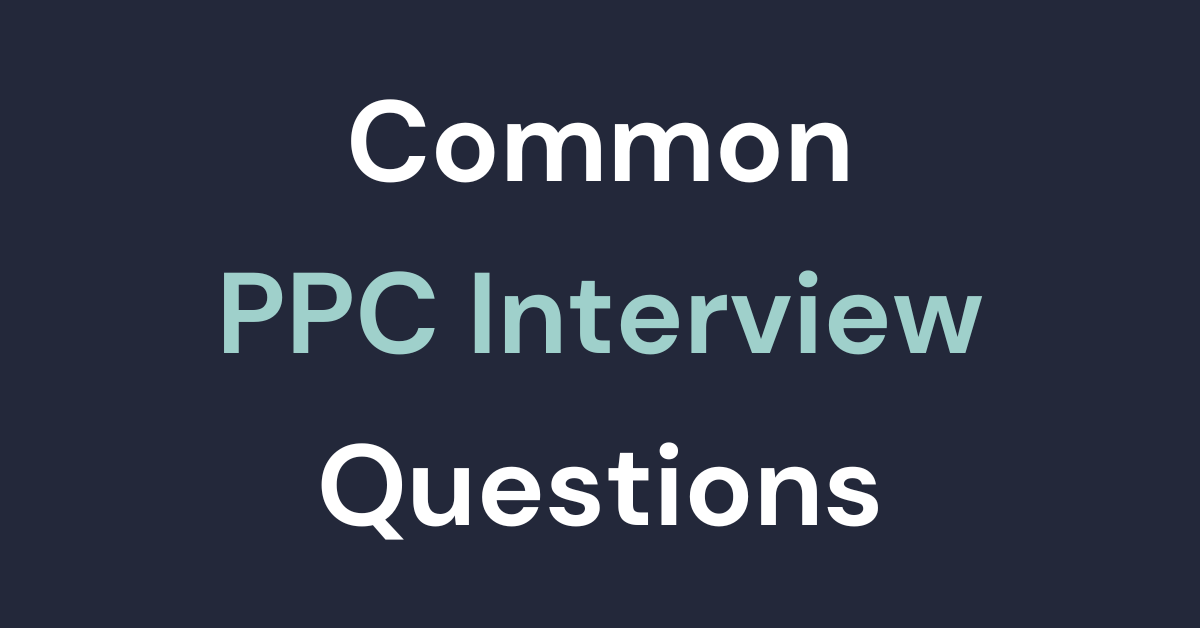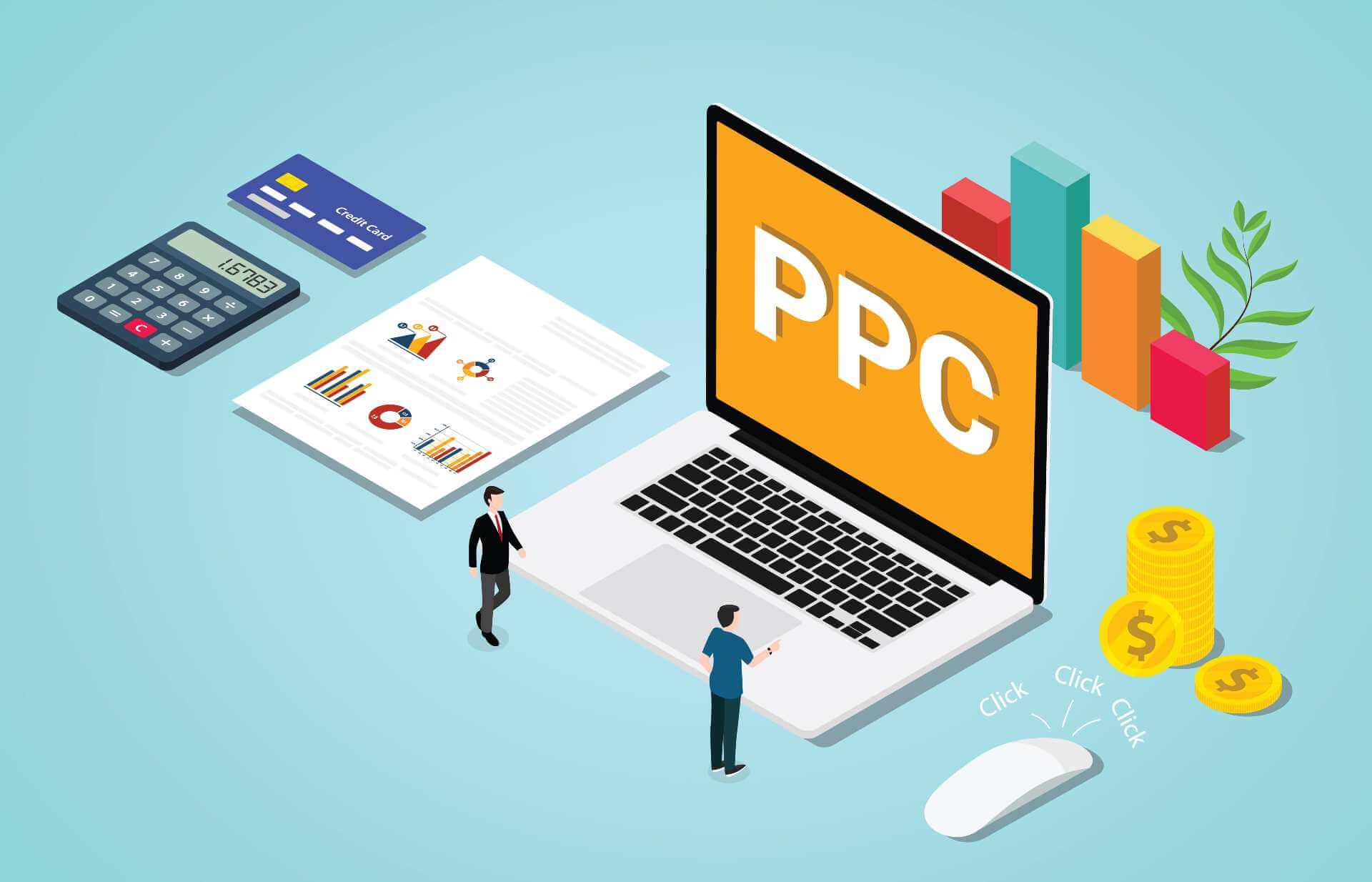Pay-per-click (PPC) advertising remains a critical component of digital marketing strategies for businesses looking to drive targeted traffic and achieve measurable results. As the digital advertising landscape continues to evolve, so do the skills and knowledge required for PPC professionals. If you’re preparing for a PPC interview in 2024, it’s essential to be well-versed in both foundational concepts and emerging trends. This article provides a comprehensive list of PPC interview questions that will help you showcase your expertise and stand out to potential employers.
Fundamental PPC Questions
- What is PPC, and how does it work?
- PPC is an online advertising model where advertisers pay a fee each time their ad is clicked. It involves bidding on keywords relevant to the target audience and displaying ads on search engines or other platforms.
- Explain the difference between PPC and organic search.
- PPC involves paying for ads to appear on search engines, while organic search results are earned through SEO practices without direct payment for placement.
- What are the key components of a PPC campaign?
- The key components include keywords, ad copy, landing pages, bidding strategy, and targeting options.
- How do you determine the budget for a PPC campaign?
- The budget is determined by factors such as business goals, target audience, industry benchmarks, and historical campaign performance.
Advanced PPC Questions
- What is Quality Score, and why is it important?
- Quality Score is a metric used by Google Ads to measure the relevance and quality of your keywords and ads. It affects ad rank and cost-per-click (CPC).
- How do you conduct keyword research for a PPC campaign?
- Keyword research involves using tools like Google Keyword Planner, analyzing competitor keywords, and considering user intent to identify relevant and high-performing keywords.
- Describe the process of setting up a Google Ads campaign.
- Setting up a Google Ads campaign involves creating a campaign, selecting a campaign type, setting a budget, choosing bidding strategies, defining targeting options, creating ad groups, and writing ad copy.
- What are negative keywords, and why are they important?
- Negative keywords prevent your ads from showing for irrelevant searches, helping to improve click-through rate (CTR) and return on investment (ROI).
PPC Metrics and Analytics Questions
- What are the most important PPC metrics to track?
- Key metrics include CTR, conversion rate, cost-per-conversion, CPC, impression share, and ROI.
- How do you measure the success of a PPC campaign?
- Success is measured by evaluating metrics against campaign goals, such as lead generation, sales, or brand awareness.
- Explain the concept of A/B testing in PPC.
- A/B testing involves creating two variations of an ad or landing page to determine which performs better, allowing for data-driven optimization.
- How do you use Google Analytics in conjunction with PPC campaigns?
- Google Analytics helps track user behavior, measure campaign performance, and gain insights into conversion paths and attribution.
Emerging Trends and Advanced Strategies
- What role does AI play in PPC advertising?
- AI enhances PPC through automated bidding, ad copy generation, audience targeting, and predictive analytics, leading to more efficient and effective campaigns.
- How do you leverage remarketing in PPC campaigns?
- Remarketing targets users who have previously interacted with your website or ads, using tailored ads to re-engage and convert them.
- What are some best practices for mobile PPC campaigns?
- Best practices include using mobile-friendly ad formats, optimizing landing pages for mobile devices, and leveraging location-based targeting.
- How do you stay updated with the latest PPC trends and changes?
- Staying updated involves following industry blogs, participating in webinars, attending conferences, and continuously learning through online courses and certifications.
Scenario-Based Questions
- How would you handle a PPC campaign with a limited budget?
- Focus on high-performing keywords, use precise targeting, optimize ad copy and landing pages, and implement negative keywords to maximize ROI.
- Describe a time when you successfully optimized a PPC campaign.
- Provide a specific example, detailing the challenges faced, strategies implemented, and measurable results achieved.
- How do you approach a PPC campaign for a new product launch?
- Conduct thorough market research, create compelling ad copy, use a mix of keyword match types, and monitor performance closely to make data-driven adjustments.
- What steps would you take if a PPC campaign is not performing well?
- Analyze metrics to identify issues, review keyword performance, optimize ad copy and landing pages, adjust bidding strategies, and test new approaches.
Conclusion
Preparing for a PPC interview in 2024 requires a solid understanding of both fundamental concepts and advanced strategies and you can go for Advanced Pay Per Click (PPC) Certification Training. By familiarizing yourself with these questions and developing thoughtful, detailed responses, you’ll be well-equipped to demonstrate your expertise and secure your next PPC role. As the digital advertising landscape continues to evolve, staying informed and adaptable will be key to your long-term success in the field.





